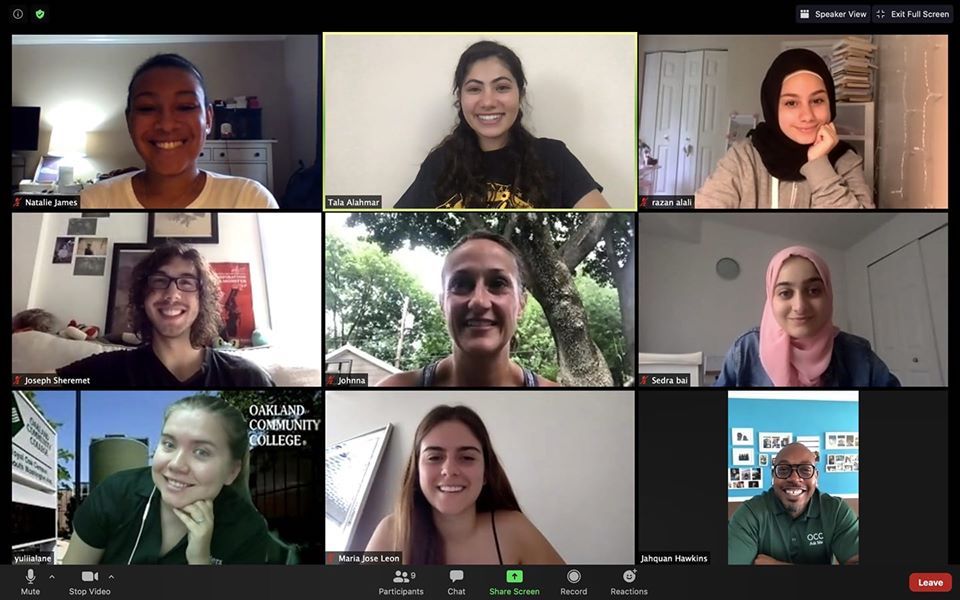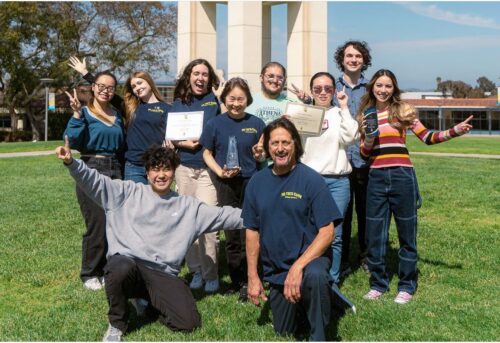With many college campuses remaining virtual in the fall semester, the process for developing and executing an Honors in Action (HIA) Project will likely look very different — different, but not impossible.
Before diving in, you’ll first want to complete Research Edge, which will give you a good introduction to the HIA program and teach you key skills like finding and identifying academic sources. Then, apply for an Honors in Action mini grant to help cover costs associated with your project. The deadline is September 30, and 100 mini grants of $1,000 each will be awarded. Here are six ways you can use one.
Now, you’re ready to move through the process virtually, from brainstorming sessions to the actual action element.
1. Brainstorming
Before you start brainstorming, think about your team itself. Could it benefit from a quick team-building activity to bring everyone together? A virtual escape room is a fun way to achieve this.
Or, you could integrate team-building into your brainstorming session through improv games such as “The Clover” and “I see,” both of which can easily be done online. For “The Clover,” choose a person to begin with the word “inheritance,” then the next person says the first word that comes to mind in relation to the word. Taking turns, you respond to the last word you heard, not the original suggestion.
With “I see,” the first person will say, “I see inheritance in __________,” adding where they see an example of the concept of inheritance. The next person builds on that.
One person should be keeping notes — Zoom has a whiteboard feature that’s especially helpful for this. Zoom also lets you share film clips, editorial cartoons, and other materials that can prompt ideas about which Honors Study Topic theme to select and the direction your HIA team will want to take.
Zoom isn’t the only virtual conferencing tool out there; GoToMeeting and Google Hangout are also good options. Check with your advisor to see if your college has a subscription to one.
Be sure to set an online timer to break up discussions and readings. For instance, give everyone 10 minutes to read Theme 1, then discuss it for 10 minutes, and so on as you move through the Honors Program Guide.
2. Research
Invite your campus’ research librarian to do a virtual training session for your HIA team, focusing on how to locate and analyze academic sources from online databases like Google Scholar.
Select an online tool such as Dropbox, Slack, Microsoft Teams, or a course shell in your college’s learning management system (LMS) to collect research, action, and collaboration objectives, academic sources, notes from research and meetings, journal entries, APA citations and annotations for academic sources, contact information for collaborators, and other items your chapter will use throughout the HIA process.
Take advantage of the breakout rooms that Zoom and other platforms offer for teamwork. Small groups can organize your academic research, research conclusions, and other parts of the HIA Project and work together before sharing ideas with the entire team and chapter.
Once your research conclusions offer direction for the action part of your HIA project, contact potential collaborators and set up phone calls and virtual meetings with them to plan and evaluate the direction you want to take with your HIA Project.
3. Action
The action piece of your HIA Project can be done virtually, too. Here are some ideas, although keep in mind that your action will be determined by your academic research conclusions.
Awareness:
• Organize and host a virtual Town Hall Meeting.
• Develop a website or online escape room related to your Honors Study Topic theme.
• Organize and host a virtual workshop, seminar, or conference.
• Conduct virtual oral history interviews to house at a historical society or your college’s library.
Advocacy:
• Register people to vote and then create an online site that connects them to voting locations, transportation options to get to the polls, information about candidates, and details for voting by mail or absentee ballots.
• Organize a letter-writing campaign about an issue related to your research conclusions. Provide people the contact information for the target audience and a template for the letters.
• Organize and host a virtual panel discussion.
Traditional Service:
• Organize and host a virtual 5K fun run to raise money for a cause or organization. (Be sure to check with your college’s administration and/or foundation to determine whether a fundraising activity fits the college’s policies.)
• Organize chapter members and collaborators to plant “tiny forests” in their yards or communities — something people can do while social distancing. Check out Shubhendu Sharma’s TED Talk, “An Engineer’s Vision for Tiny Forests, Everywhere” in Unit 4 of PTK’s Leadership Development Studies online curriculum.
• Consider microlending. Check out Jessica Jackley’s TED Talk, “Power, Money — and Love,” in Unit 10 of PTK’s Leadership Development Studies online curriculum.
4. Reflection
Reflecting and writing an HIA Hallmark Award entry works well in a virtual environment. The Dropbox (or other virtual tool) you set up at the beginning of the process will help you as you near the end of your HIA journey — all documentation, sources, and citations will be there waiting for you.
Host an online journaling session to capture reflections from your entire team. Choose an online venue like Discord, a playlist to encourage creativity, and a topic that will help guide the process toward outcomes relevant for your chapter. Your writing should not simply be a description of what happened; instead, it should focus on the “So What?” and “Now What?”
Use Zoom to brainstorm, organize, write, and edit your HIA Hallmark Award entry. The breakout rooms feature works well for this part, as does the screen-sharing capability.




